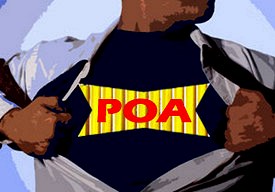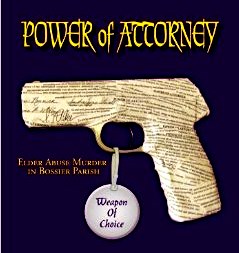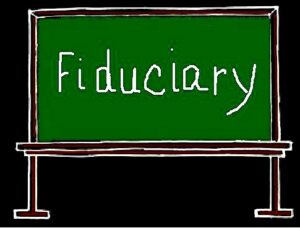What Is a Power of Attorney?( POA)
The BC Court of Appeal decision in Houston Estate v Houston 2012 BCCA 300 raises a few very good legal issues relating to Powers of Attorneys.
disinherited.com will blog further about this appeal case, but for starters, the case has an excellent review on this particular type of ageny called an Attorney.
A power of attorney is a type of agency.
At common law, where an agency was granted by deed giving specified authority to the agent, it was called a “power of attorney”. In British Columbia, the Power of Attorney Act has modified the common law with respect to powers of attorney. (Like counsel before us, I refer to the Act as it stood in April 2009 when the power of attorney in this case was exercised. The Act has since been amended substantially.) The Act does not define what is a power of attorney but provided in s. 9 that a general power of attorney “may” be in Form 1 or Form 2 of the Schedule to the Act. Neither form required that the document be executed under seal (and neither instrument in this case was). The Land Title Act contains additional requirements that apply to any document tendered for registration that has been executed under a power of attorney, and requires the registrar to maintain an index of powers of attorney: see ss. 51-57.
Being a type of agency, the power of attorney is subject to various rules, some of which are codified in the Act, for the protection of the agent. As Professor G. Fridman notes in Canadian Agency Law (2009), although at common law a power of attorney was strictly construed, the ordinary rules of construction of documents are employed in determining the scope of the agent’s authority where the document is not under seal or where the authority is given orally. Thus Fridman writes:
If the document involved is not a deed, or the contract of agency is parol, the agent’s authority is to be construed having regard to the purposes of the agency, i.e., the surrounding circumstances and the usual course of the business in which the agent is concerned. In particular, where general words are used, they must be construed and understood in light of the usual course of the agent’s business.
Writing which contains the agent’s authority is of prime importance, but if there is any ambiguity about the wording of the agent’s authority then, as long as the agent acts in good faith and in accordance with a reasonable construction of his authority (if there is more than one possible), he will be considered to have acted within his authority, whether or not in fact what he did was what the principal intended he should do. [At 64.]
Sections 3 and 4(1) of the Power of Attorney Act reflect the common law’s concern for the agent whose authority has been terminated without his knowledge:
3 If an agent purports to act on behalf of a principal at a time when the agent’s
authority to do so has been terminated and
- the act is within the scope of the agent’s former authority, and
- the agent has no knowledge of the termination,
then, for the purpose of determining the liability of the agent for the act, the agent is deemed to have had the authority to so act.
4(1) If
- the authority of an agent has been terminated, and
- a person who has no knowledge of the termination purports to deal with the principal through the agent,
then, for the purpose of determining the legal rights and obligations of the principal in relation to that person, the transaction is, in favour of that person, deemed to be as valid as if the authority had existed.
At common law, an agency normally terminates when the undertaking entrusted to the agent has been performed or where the agency was given for a stated period of time. An agency will also terminate if the subject matter of the agency is impossible of performance, or upon the death or insanity of either the principal or the agent while the agency is extant: Fridman, supra, at 123-28. In British Columbia, amendments to the Act in 1979 reversed the common law rule regarding the principal’s mental incompetence by providing the option of the “enduring” power of attorney: see s. 8(1), quoted above at para. 20.
Except where the agency is irrevocable (i.e., where the agent by deed or for valuable consideration has agreed to act on the principal’s behalf in order to protect an interest of the agent)the principal may unilaterally revoke or terminate the agency relationship, subject to its express terms. It seems clear that the agency is revoked by the giving of appropriate notice to the agent, and no prior warning is required at common law. ”





